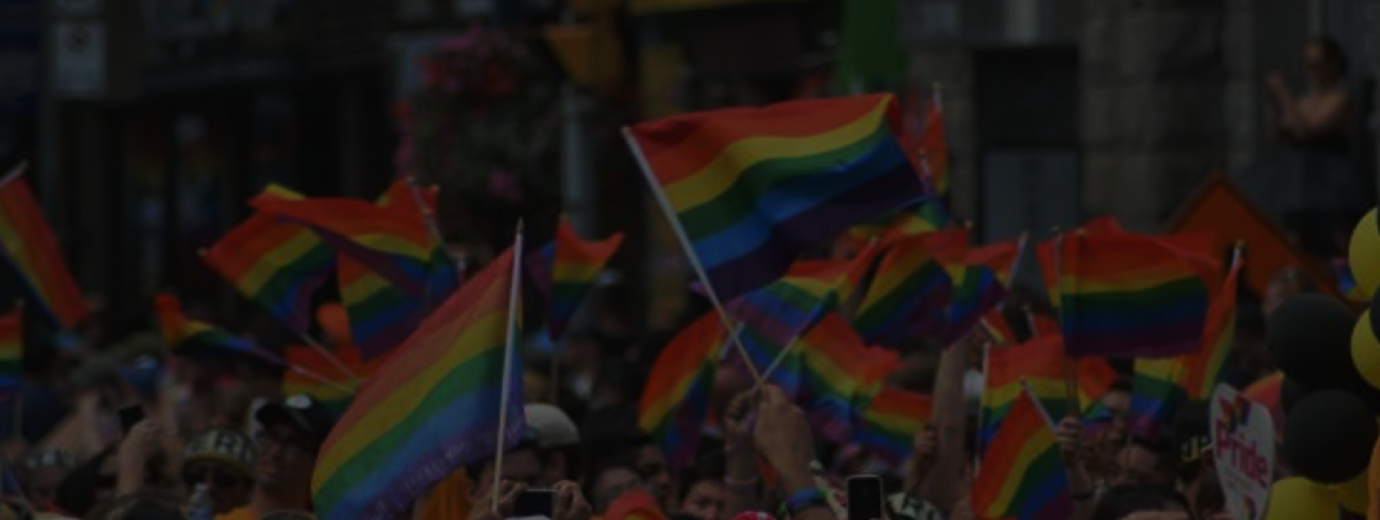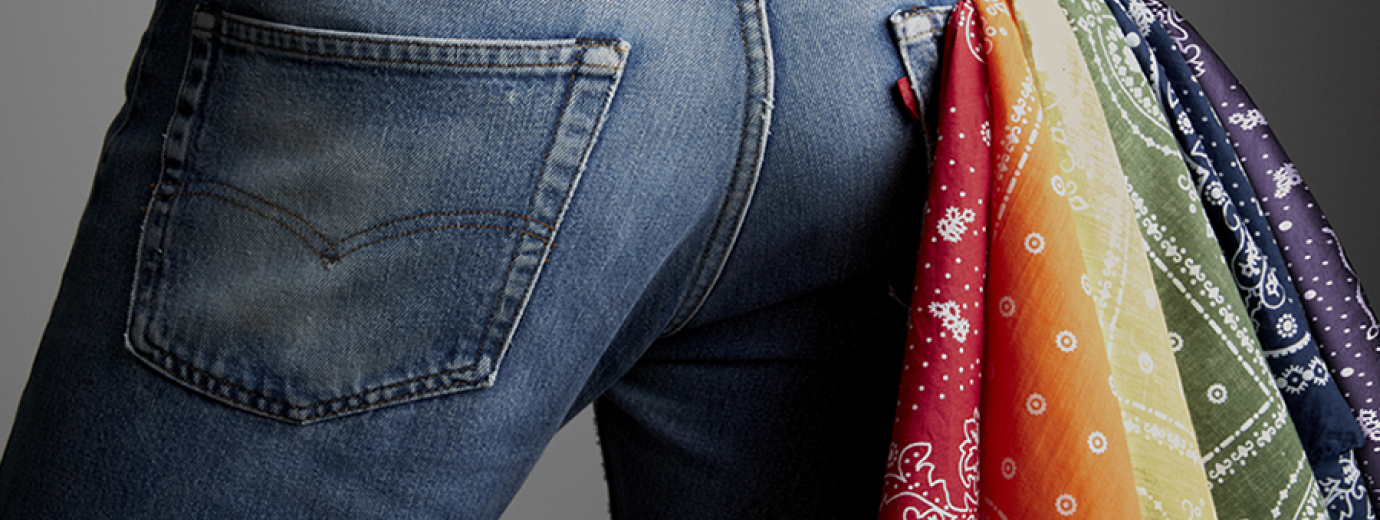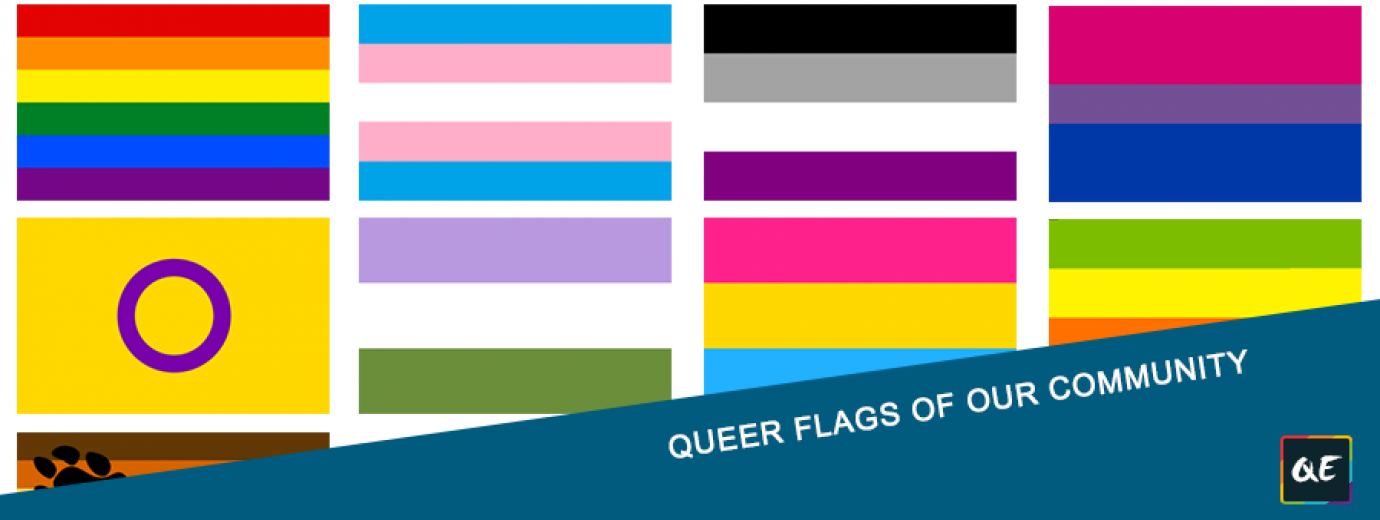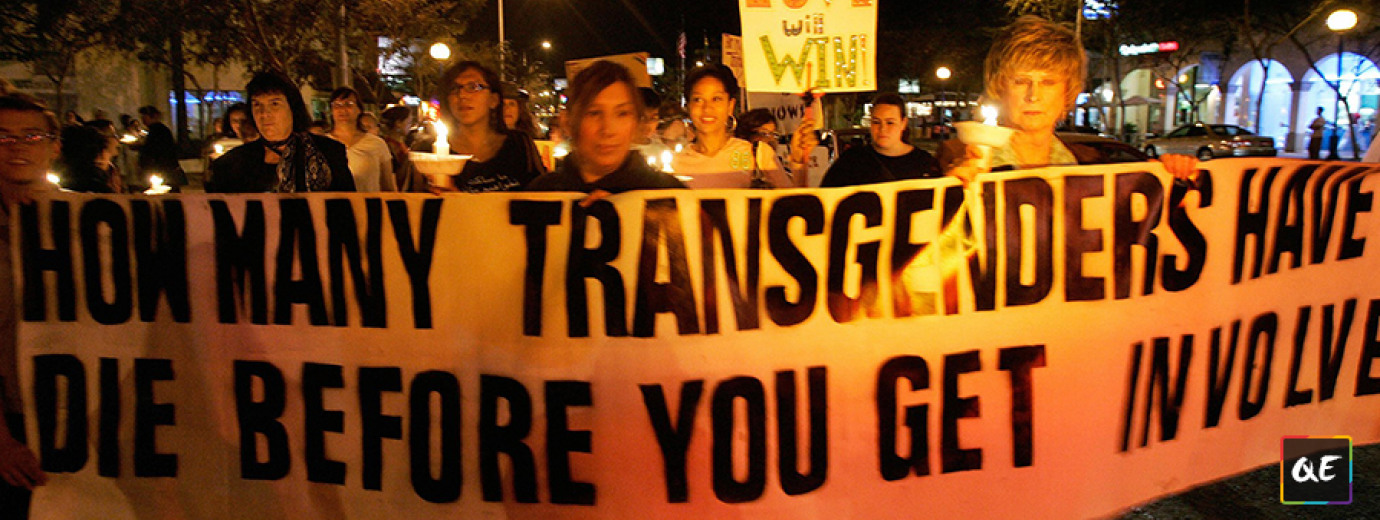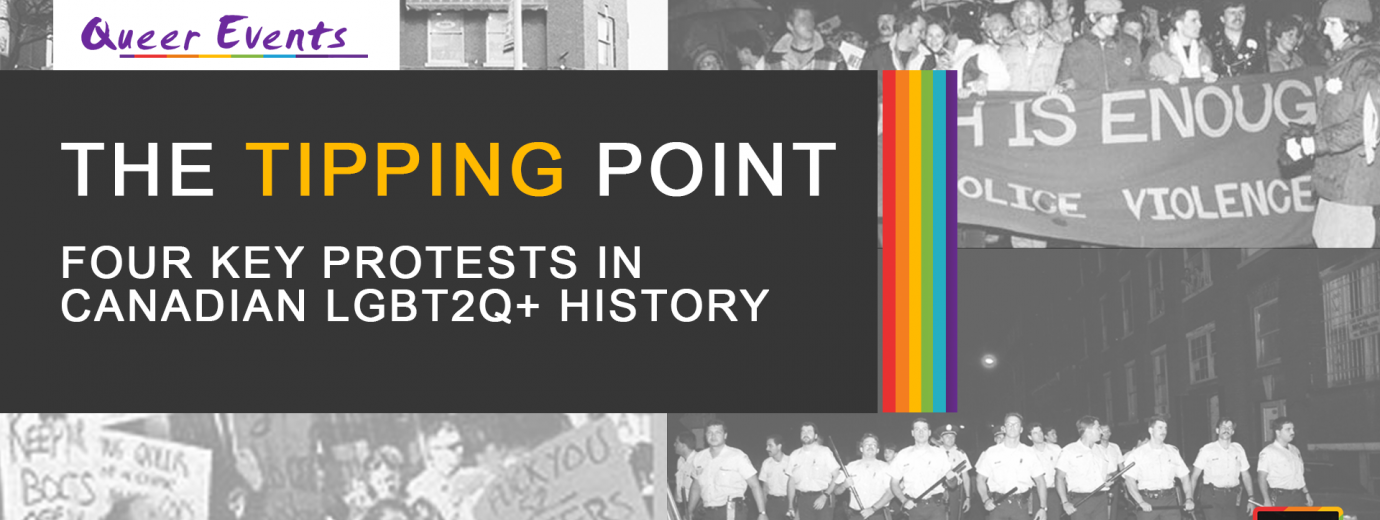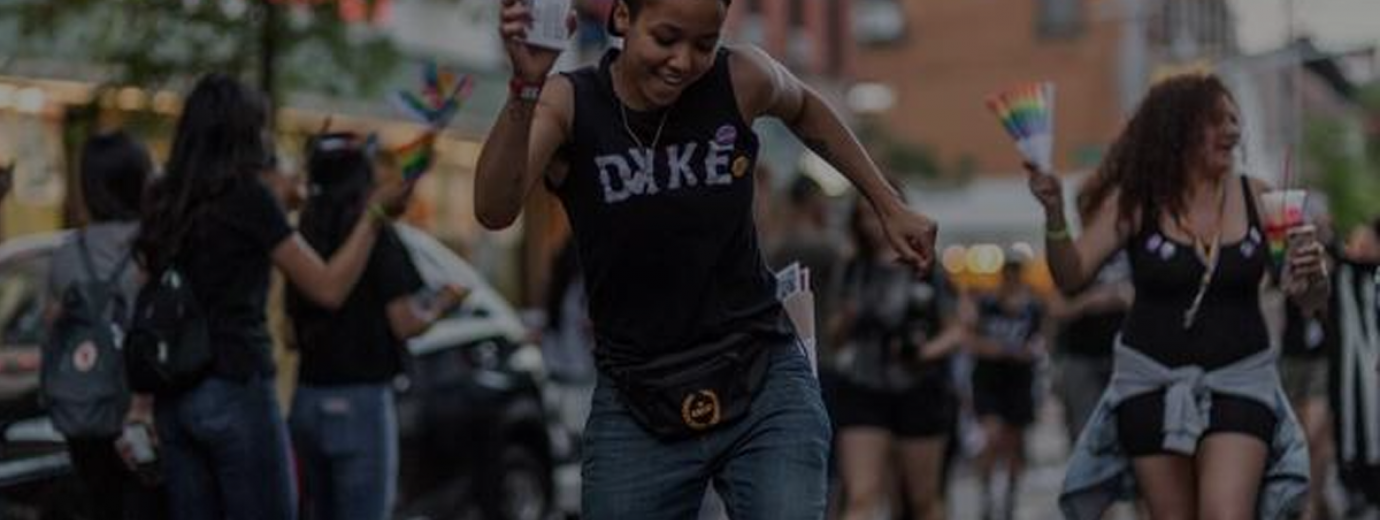Canadian Queer History
Marches & Festivals
Everyone is familiar with the phrase “the first pride was a riot” but in our queer history, there has been more than simply a singular protest which led to the parades today. We all know about Stonewall which occurred in America but what do you know about Canada’s history?
In many of our communities across Canada there have been those who have quietly made history in a time when coming together in groups opened you up to persecution, harassment and violence. Many of the first official pride parades had years of unofficial gatherings before cities finally gave ‘official’ permission and many attendees marched with paper bags over their heads in order to not face repercussions such as being fired from their jobs.
Today, allies march in the parade and cities approve requests to march, but the history of what we, as a community went through to get where we are today cannot be forgotten. Equally as important is to remember that what may seem to be the struggles of the past, are still ongoing today for many members of our community.
Explore the history of queer marches and the festivals we know today.
Notable Moments
Explore Queer History Timelines
Food for Queers
Stay Safe. Not Hungry
Providing support for 2SLGBTQ+ folks experiencing food insecurities within the city of London

